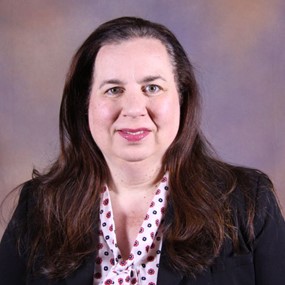The Department of World Languages, Literatures and Cultures at Auburn University offers minors in French linguistics, German linguistics and Spanish linguistics.
With a minor in French, German or Spanish linguistics, you'll deepen your understanding of the complex nature of the language and its importance in daily life.
*Please note: Upper-level courses count toward the minor only when taught by a linguist and with a linguistics component to the course.
What is linguistics?
Linguistics is the scientific study of the structure of natural languages and their historical evolution as well as the knowledge that speakers have of their own language.
What are the goals of linguistics?
The main goal of linguistics is to establish a general theory to explain natural languages and the abstract mental representations that allow speakers to communicate with each other. On the other hand, linguistics also studies the acquisition of language in children and adult learners of a second language.
What are the different disciplines of linguistics?
- Phonetics and phonology (the study of language phonemes and its acoustic production in the form of sounds)
- Morphology (the internal structure of words)
- Syntax (the structure of sentences)
- Semantics (the meaning of linguistic signs)
- Pragmatics (the study of language in context)
In addition, linguistics also studies the history of languages, their variation (e.g., dialects), linguistic change and the processing and storage of language in the brain. These subjects and disciplines are thoroughly explored in the linguistics courses offered by the Department of World Languages, Literatures and Cultures at Auburn University.
Why study linguistics?
Linguistics allows us to understand how language works internally and externally. This is a growing field of study with an increasingly important impact in other fields such as psychology, education, sociology, anthropology, philosophy, computer science and artificial intelligence.
By specializing in the field of linguistics, you'll have access to numerous professional careers, such as:
- Teacher
- Interpreter/translator
- Editor
- Data analyst
- Natural language processing expert
- Language expert for artificial intelligence

